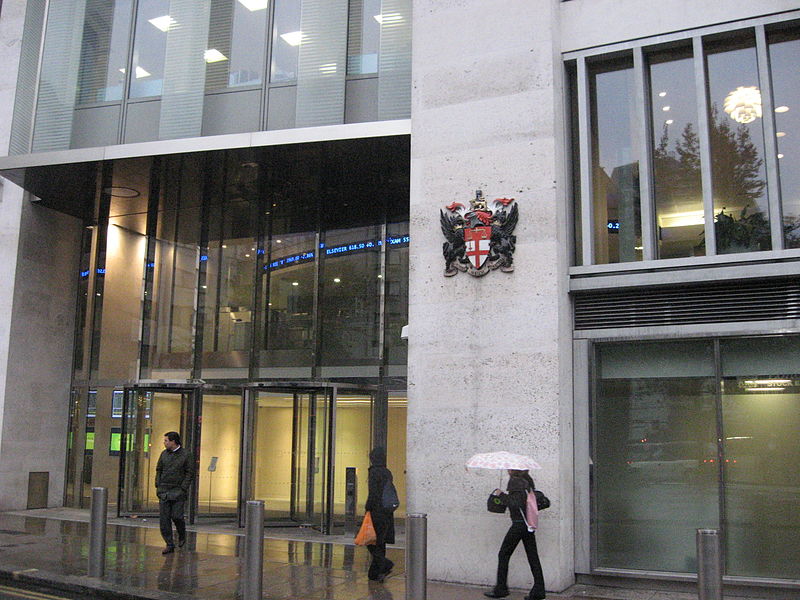
On March 23, the FTSE 100 declined as a result of a strengthening pound and anticipation of the Bank of England's (BoE) eleventh consecutive interest rate hike. The FTSE 100 fell 0.7% after
closing at its highest level in more than a week on Wednesday. Financial stocks led the decline, as banks lost 1.7% after two days of gains. The BoE is expected to raise its lending rate by 25 basis points at 1200 GMT, and the bank's letter to lawmakers suggests that sharp movements in asset prices could reveal weaknesses in parts of Britain's financial system.
The FTSE 250 midcap index fell 0.3%, with domestic concerns as the focus. Meanwhile, precious metal miners limited losses as gold prices rose in response to the dollar softening. The recent global banking crisis, including the collapse of two US regional lenders and the difficulties of Swiss bank Credit Suisse, has left the market on edge.
The pound rose against the dollar after the US Federal Reserve raised interest rates by an anticipated 25 basis points on Wednesday. However, it also suggested that it would soon halt further increases following the banking rout. The focus now is on the BoE, which is expected to adopt a similar strategy by raising interest rates while acknowledging the potential risks.
Julien Lafargue, chief market strategist at Barclays Private Bank, said, "It's highly unlikely that the BoE would diverge from other central banks. We do expect the bank to adopt a similar strategy, which is to hike, while acknowledging potential risks."
UK inflation unexpectedly increased according to data on Wednesday, and expectations have changed dramatically since then. This news implies that the BoE may also change its lending rate by 25 basis points at 1200 GMT. Informa dropped 2.7% after Morgan Stanley cut its rating on the events organizer's stock from "overweight" to "equal-weight". The FTSE 100 has erased the majority of its gains for the year and is now up 1%. Photo by Kaihsu Tai, Wikimedia commons.



































